Can I kill scale with vegetable oil?
mcgyvr2009i
10 years ago
Related Stories
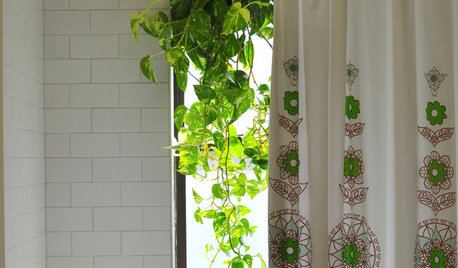
MOST POPULARThe Perfect Houseplant for People Who Kill Houseplants
If you can fill a jar with water, you can keep golden pothos vine happy — and it will pay you back with cleaner air and a greener home
Full Story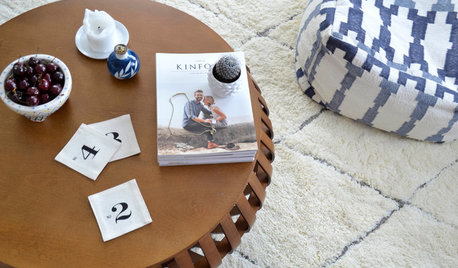
LIFEThe Polite House: How Can I Kindly Get Party Guests to Use Coasters?
Here’s how to handle the age-old entertaining conundrum to protect your furniture — and friendships
Full Story
HOMES AROUND THE WORLDWe Can Dream: A Natural Look for a Beach House Retreat
Grand in scale yet tranquil in character, this Australian weekend home designed for entertaining pays homage to the coastal landscape
Full Story
FENCES AND GATESA Deer Fence Can Be Decorative as Well as Protective
You need a monster-size fence to shelter your garden from deer, but it doesn’t have to look like a monstrosity
Full Story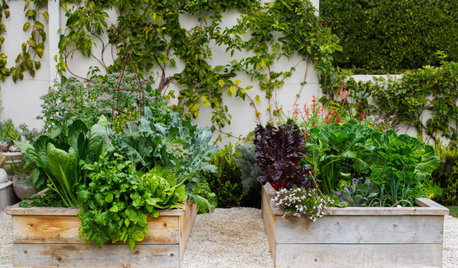
MOST POPULARHow to Start a Cool-Season Vegetable Garden
Late summer and late winter are good times to plan and plant cool-season crops like salad greens, spinach, beets, carrots and peas
Full Story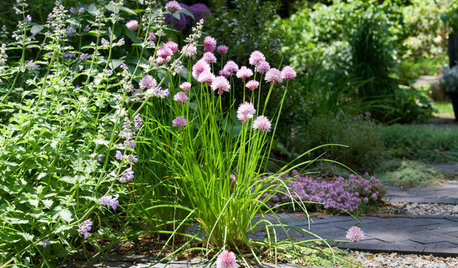
EDIBLE GARDENS8 Surefire Vegetables and Herbs for Beginning Gardeners
Learn the edible plants that are popular and easy to grow in a backyard or container garden
Full Story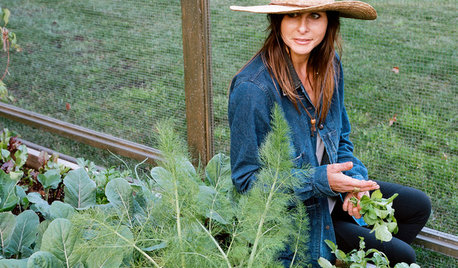
FARM YOUR YARDAdvice on Canyon Farming From L.A.'s Vegetable Whisperer
See how a screened garden house and raised beds help an edible garden in a Los Angeles canyon thrive
Full Story
DECORATING GUIDES9 Lessons We Can Learn From Drawing Rooms
Let these formal rooms inspire you to create entertaining spaces that encourage conversation, music and games
Full Story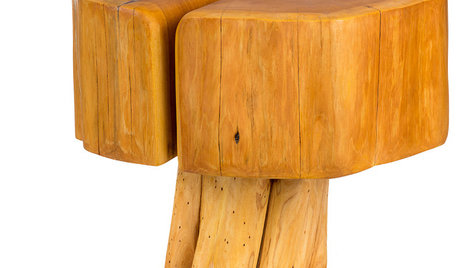
PRODUCT PICKSGuest Picks: Beautiful Things You Can Feel Good About Buying
Upcycled, ecofriendly or just made responsibly, these home accessories and furniture pieces will keep your conscience clear
Full Story






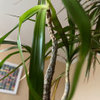
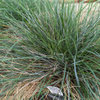
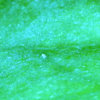
ken_adrian Adrian MI cold Z5
mcgyvr2009iOriginal Author
Related Professionals
Beachwood Landscape Architects & Landscape Designers · Elwood Landscape Architects & Landscape Designers · Norton Shores Landscape Architects & Landscape Designers · Suffern Landscape Architects & Landscape Designers · Hartford Landscape Contractors · Pelham Landscape Contractors · Tempe Landscape Contractors · Canyon Lake Landscape Contractors · Fort Worth Landscape Contractors · Framingham Landscape Contractors · Lady Lake Landscape Contractors · Middle River Landscape Contractors · Seven Hills Landscape Contractors · Chicago Ridge Landscape Contractors · Eastlake Landscape Contractorsmcgyvr2009iOriginal Author
rhizo_1 (North AL) zone 7
Kimmsr
mcgyvr2009iOriginal Author
ifraser25
mcgyvr2009iOriginal Author
mcgyvr2009iOriginal Author
mcgyvr2009iOriginal Author
ken_adrian Adrian MI cold Z5
Kimmsr
mcgyvr2009iOriginal Author
Kimmsr
mulchmama
mcgyvr2009iOriginal Author
rhizo_1 (North AL) zone 7
Kimmsr
calliope
zzackey
John Zimmerman